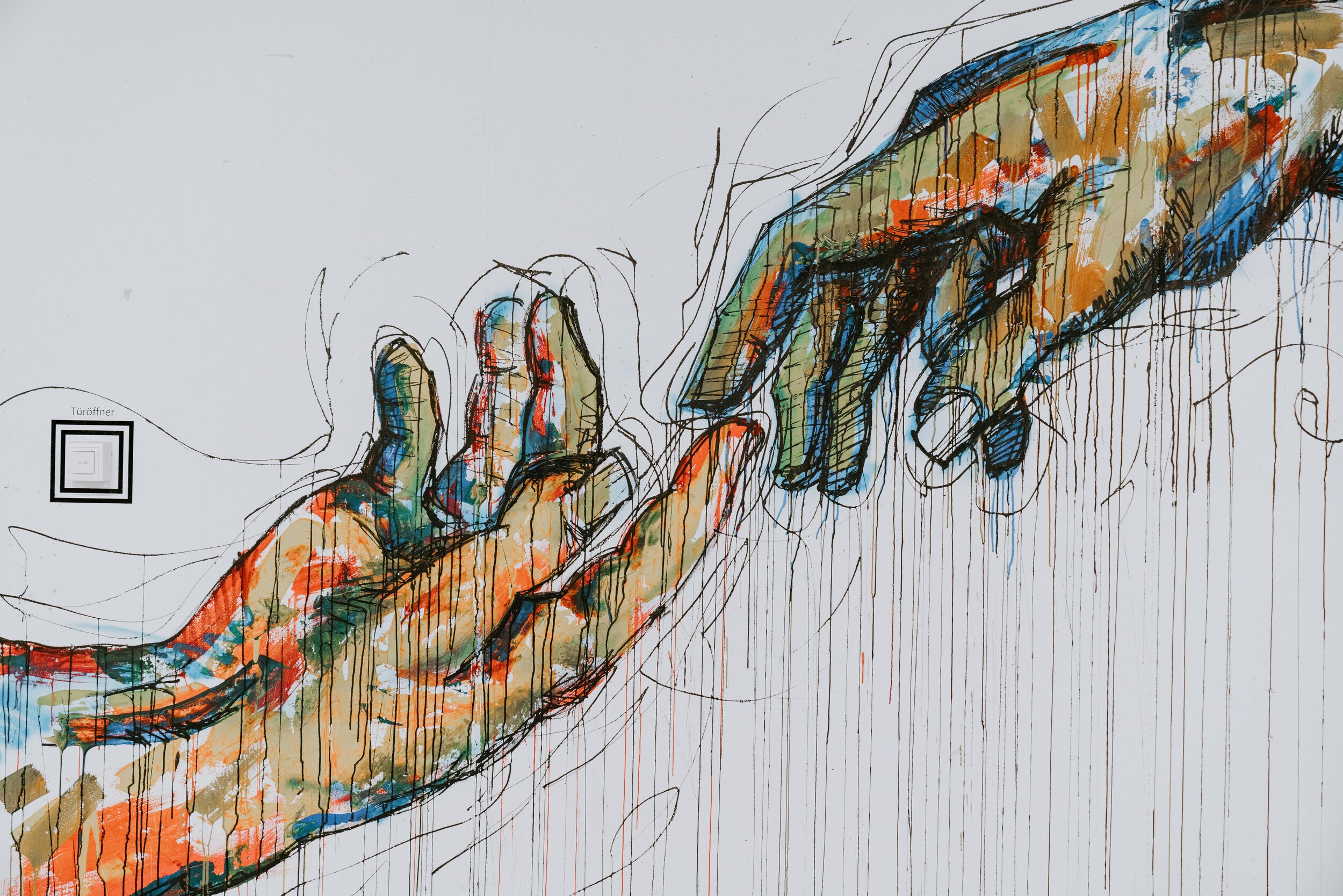Self Esteem

How do we develop compassion? There are a few ways. Try to schedule time to implement self-compassion each week. Once a day, every few days, tailor a schedule that works best for you and dedicate a few moments to note these stressors and diligently preclude self-admonishment with self-kindness. Then increase the time periods in your compassion calendar to include these measures of mindfulness.

We hear a lot about the importance of forgiving those who have harmed us, but what about forgiving ourselves? Is that important as well? Absolutely. When we hurt others, we experience regret and apologize, hoping to make amends. However, we often beat ourselves up for mistakes and develop negative thoughts about ourselves because of it. Within these experiences come feelings of shame and guilt; while these feelings are similar and can occur in tandem with one another, they are slightly different. Self-forgiveness is one way to reduce feelings of guilt and shame; we’ll be discussing strategies you can use to engage in self-forgiveness.

Self-compassion is thought of as giving yourself the same compassion you’d give others. That means that self-compassion involves comforting and taking care of yourself. Self-compassion includes skills like mindful awareness, self-acceptance, living your values, and loving-kindness. When we have self-compassion, we can identify when we fail to meet our standards or live our values, but we don’t judge ourselves so much. That’s why self-compassion may help us increase feelings of happiness and well-being.

We can improve feelings of happiness through changing our thoughts, behaviors, and circumstances. Research has largely focused on changing our thoughts with lots of published strategies to help with changing our thoughts. Within this there are some strategies that you can use to change negative thoughts into being more positive, and thus happier overall.

As we grow, our families hope that we remain healthy, feel satisfied with our careers, have satisfying friendships and romantic relationships, and feel positive overall about our lives. Are there factors that might impact the transition from adolescence to adulthood, ensuring we feel positive about these life transitions? Absolutely.
Research suggests that a teen’s affect, particularly positive affect, is a critical factor impacting positive outlook. So what is affect? It’s the tendency to express positive or negative emotions, which in turn influences how we experience things and determine whether to judge a given situation as positive or negative.

With the pandemic forcing many of us to stay inside as much as possible, most therapists are meeting their clients virtually at present, in order to protect others and remain safe. While there has been an adjustment to navigating virtual therapy, there have been many benefits to being able to transition to more virtual opportunities for therapy.

Being in a relationship with someone who has a trauma history can be uniquely challenging at times. In many cases, individuals who experience trauma may behave in ways that are hard for their partner to understand. They may experience panic attacks, express distrust, escalate quickly to anger, or become disengaged. As trauma can interrupt emotional processing, those who have experienced trauma often struggle to articulate what is really going on inside of them. This can cause conflict and miscommunication, and it can make it difficult for well-intended partners to know what kind of support to provide. If this sounds a bit like your experience, not to fear! There are ways to become a trauma-informed and compassionate partner while also maintaining your own boundaries and safety within your relationship.

Our relationship with ourselves is often at the core of other challenges such as anxiety, depression, low self-esteem, or difficulties in relationships. How do we shift to seeing ourselves and treating ourselves the same way we treat others? If we can learn to be our own friends and practice self-compassion, we can boost our spirits and alleviate some of the struggles leading to that increased critical voice.

Often when we think of Valentine’s Day we think about hearts, love, gifts, and planning. For many who struggle with anxiety or worry thoughts, Valentine’s Day can be full of worries around disappointing someone else. Worries around being alone and your future relationships can also come to mind if you do not have a partner. For those struggling with depression, cynical thoughts around the unworthiness of finding love, cynical thoughts around the commercialization of the holiday, or hopelessness around finding a partner may occur. With so many thoughts like these, it is likely that Valentine’s Day can be difficult for many!

Whether you’re in a relationship or not, focusing on self-love and kindness is crucial in order to support and love others as well. Often when we are single during Valentine’s Day we can feel frustrated with extravagant gifts, or feeling we have to buy presents. While we may have varying opinions on Valentine’s Day, we know it’s celebrated so why not take advantage of it and celebrate you?